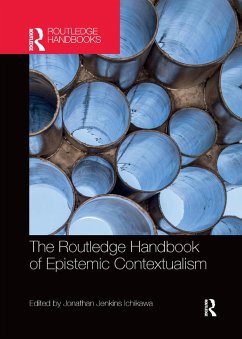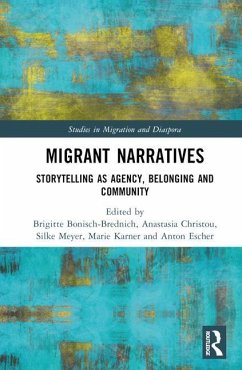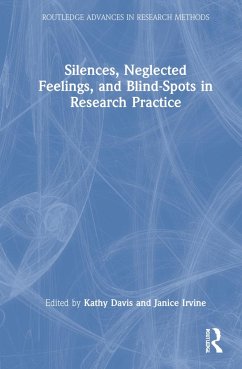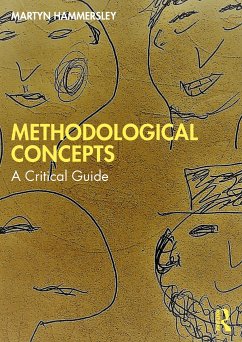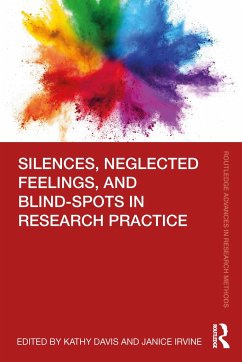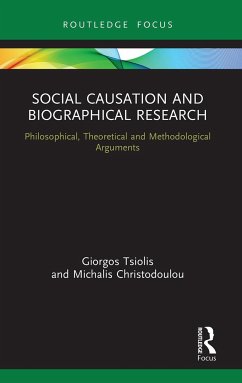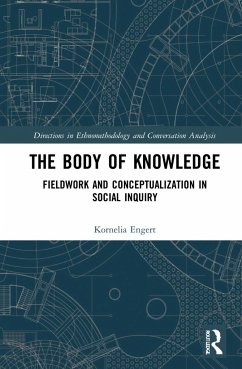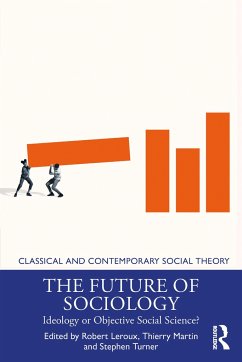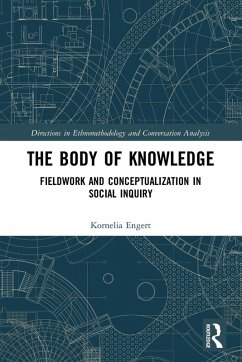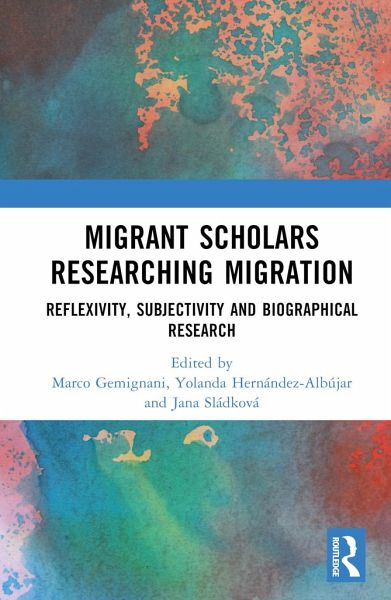
Migrant Scholars Researching Migration
Reflexivity, Subjectivity and Biography in Research
Herausgegeben: Gemignani, Marco; Hernández-Albújar, Yolanda; Sládková, Jana
Versandkostenfrei!
Versandfertig in 6-10 Tagen
154,99 €
inkl. MwSt.

PAYBACK Punkte
77 °P sammeln!
How can biography and reflexivity become integral processes of an inquiry? How do we apply these processes to our research and to our accounts of ourselves?Presenting studies by migration scholars who are migrants themselves, Migrant Scholars Researching Migration illustrates the creative and affective function of embedding one's research in subjectivity, reflexivity, and personal biography. The book shows that linking personal experiences and biographies with research practices and agendas can be instrumental to the development of knowledges and new methodologies. The authors demonstrate, for...
How can biography and reflexivity become integral processes of an inquiry? How do we apply these processes to our research and to our accounts of ourselves?
Presenting studies by migration scholars who are migrants themselves, Migrant Scholars Researching Migration illustrates the creative and affective function of embedding one's research in subjectivity, reflexivity, and personal biography. The book shows that linking personal experiences and biographies with research practices and agendas can be instrumental to the development of knowledges and new methodologies. The authors demonstrate, for instance, how their migration backgrounds have affected what kind of research they 'should' conduct. They also describe how their research findings have changed their understanding of their personal positionings as migrants and scholars.
This book debunks the dogma of separating the researcher from their investigation by placing the researchers' experiences and multi-layered reflections at the center of their scholarly work. It sheds light on the importance of reflexivity and subjectivity as processes and assets in research rather than obstacles.
Migrant Scholars Researching Migration will appeal to researchers and students interested in methodology, biographical research, theories of knowledge, and scholars of migration and diaspora studies.
Chapters: Chapter 14 of this book is freely available as a downloadable Open Access PDF at http://www.taylorfrancis.com under a Creative Commons [Attribution-Non Commercial-No Derivatives (CC-BY-NC-ND)] 4.0 license.
Presenting studies by migration scholars who are migrants themselves, Migrant Scholars Researching Migration illustrates the creative and affective function of embedding one's research in subjectivity, reflexivity, and personal biography. The book shows that linking personal experiences and biographies with research practices and agendas can be instrumental to the development of knowledges and new methodologies. The authors demonstrate, for instance, how their migration backgrounds have affected what kind of research they 'should' conduct. They also describe how their research findings have changed their understanding of their personal positionings as migrants and scholars.
This book debunks the dogma of separating the researcher from their investigation by placing the researchers' experiences and multi-layered reflections at the center of their scholarly work. It sheds light on the importance of reflexivity and subjectivity as processes and assets in research rather than obstacles.
Migrant Scholars Researching Migration will appeal to researchers and students interested in methodology, biographical research, theories of knowledge, and scholars of migration and diaspora studies.
Chapters: Chapter 14 of this book is freely available as a downloadable Open Access PDF at http://www.taylorfrancis.com under a Creative Commons [Attribution-Non Commercial-No Derivatives (CC-BY-NC-ND)] 4.0 license.





